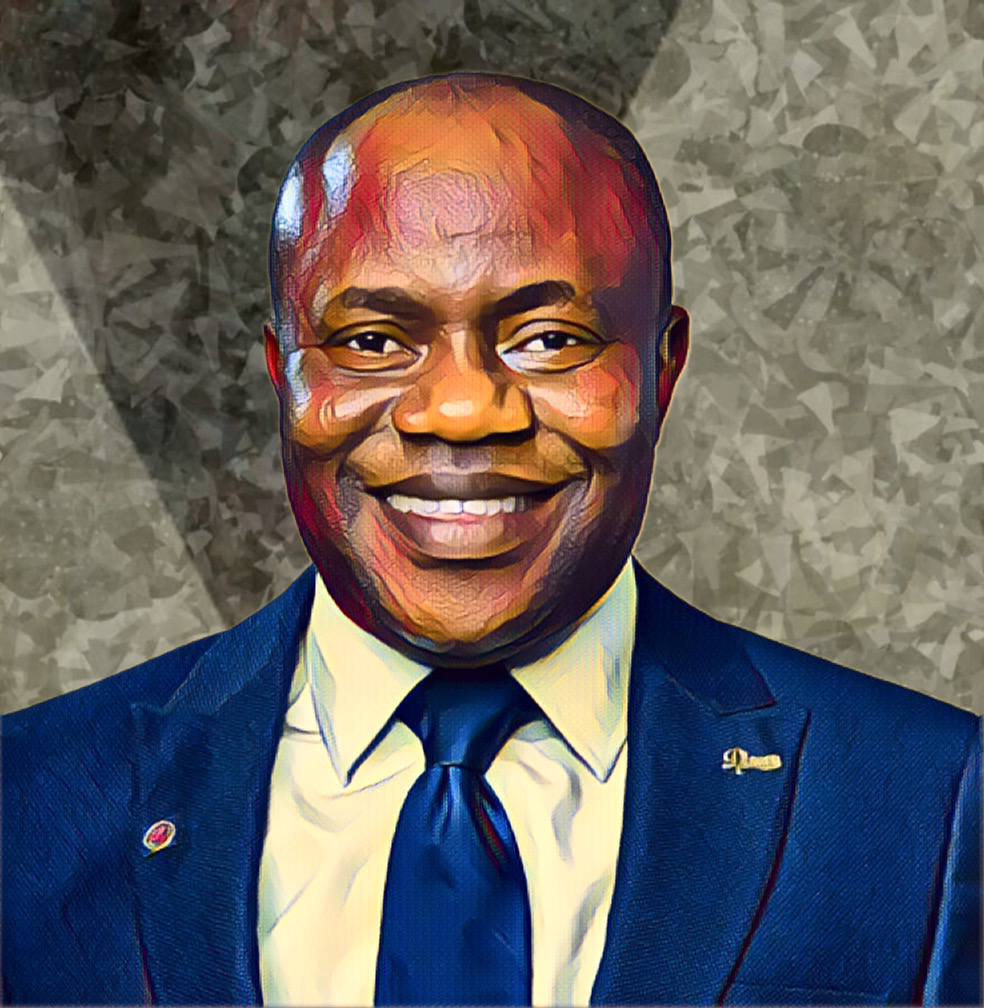KEY POINTS
- Ghana’s Electricity Company loses $37 million monthly due to currency conversion.
- ECG and Ghana’s Finance Ministry agree to partial payments to IPPs.
- IPPs and state-owned Akosombo plant are vital to Ghana’s grid.
Acting Managing Director Ing. Asamoah David said Saturday that the Electricity Company of Ghana (ECG) is grappling with a deepening financial crisis, with debts to Independent Power Producers (IPPs) soaring due to fluctuations in the foreign exchange market.
Sunon Asogli, one of the nine IPPs that support Ghana’s energy grid, halted operations in October, citing an unpaid $259 million debt.
Other remaining producers have expressed similar frustrations, with delayed payments threatening power supplies nationwide.
Forex woes deepen financial burden
During an interview on Joy News’ Newsfile, Ing. Asamoah highlighted the impact of currency instability.
“The majority of these debts are a result of a forex shortfall,” he said. “Each month, we lose about $37 million solely due to currency conversion challenges.”
The process of converting cedi payments to dollars further compounds delays, often taking days or weeks for funds to reach the IPPs.
“By the time payments are made, any increase in the dollar rate creates an additional shortfall,” he explained.
New agreement offers hope
To address the crisis, ECG and the Ministry of Finance reached an agreement with the IPPs. Under the new deal, ECG will pay part of the arrears while the government supplements payments.
Ing. Asamoah expressed optimism about the arrangement. “Sunon Asogli will resume operations in the coming weeks and other IPPs that had reduced their power supply will also increase their output,” he said.
The IPPs, alongside Ghana’s state-owned Akosombo hydropower plant, are vital to maintaining the nation’s electricity supply.
However, ongoing forex-driven challenges underline the need for systemic reforms to ensure reliable power distribution.
ECG, he added, is committed to stabilizing the financial health of the sector. “We are doing our best to pay,” Ing. Asamoah assured, emphasizing that resolving the forex issue could significantly improve the situation.




